Abstract:
Background: Obesity and overweight remain pressing public health challenges, closely linked to chronic conditions such as cardiovascular disease, type 2 diabetes, and hypertension. Despite well-established health consequences, sustainable and effective weight loss interventions, especially those integrating motivational and behavioral strategies, remain inadequately explored. This study evaluates the impact of a structured educational and motivational intervention on participants’ knowledge, motivation, and confidence regarding weight loss and healthy behaviors.
Methods: Fifty adults (BMI ≥25) were enrolled and completed pre-intervention surveys assessing baseline motivation, confidence, and knowledge. Participants then received evidence-based educational materials and motivational interviewing conducted by a medical student. Immediate post-intervention and four-week follow-up surveys measured changes in outcomes. Data were analyzed using SPSS 28.0.
Results: The intervention significantly improved participants' knowledge and motivation immediately post-intervention and led to increased confidence at two-week follow-up. However, motivational gains diminished over time, and changes in physical activity and dietary quality were not statistically significant. These findings suggest that short-term interventions can enhance weight-related knowledge and initial motivation, but sustained behavioral change likely requires long-term support and reinforcement.
Conclusion: This study highlights the importance of addressing behavioral components such as motivation, confidence, and perceived barriers in weight management programs. While the intervention demonstrated short-term effectiveness, limitations including small sample size, limited follow-up response rate, and brief study duration suggest that future research should focus on long-term, multicenter trials to optimize and sustain outcomes.



